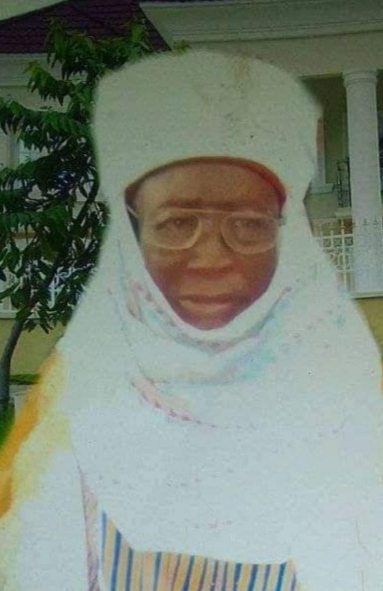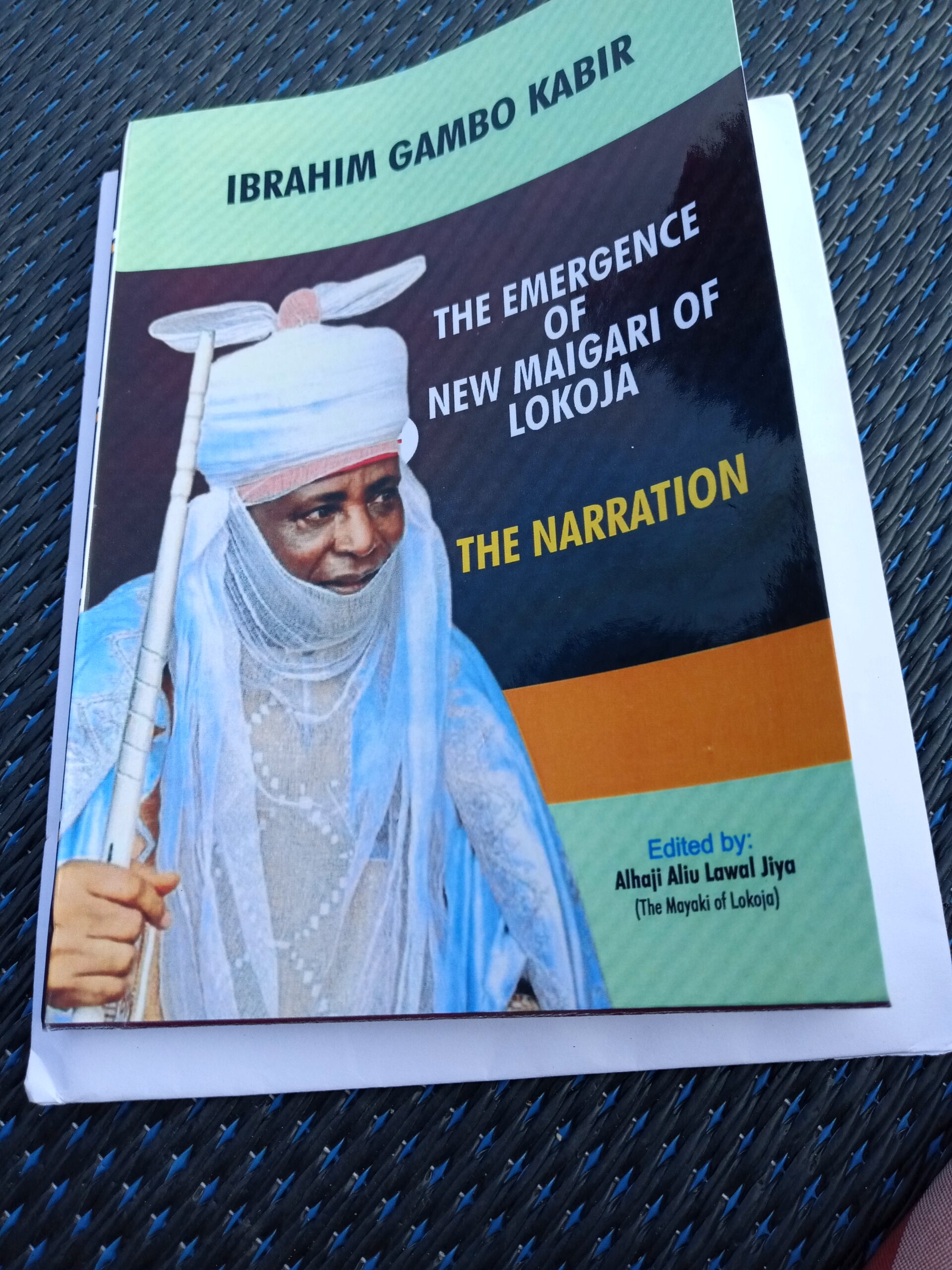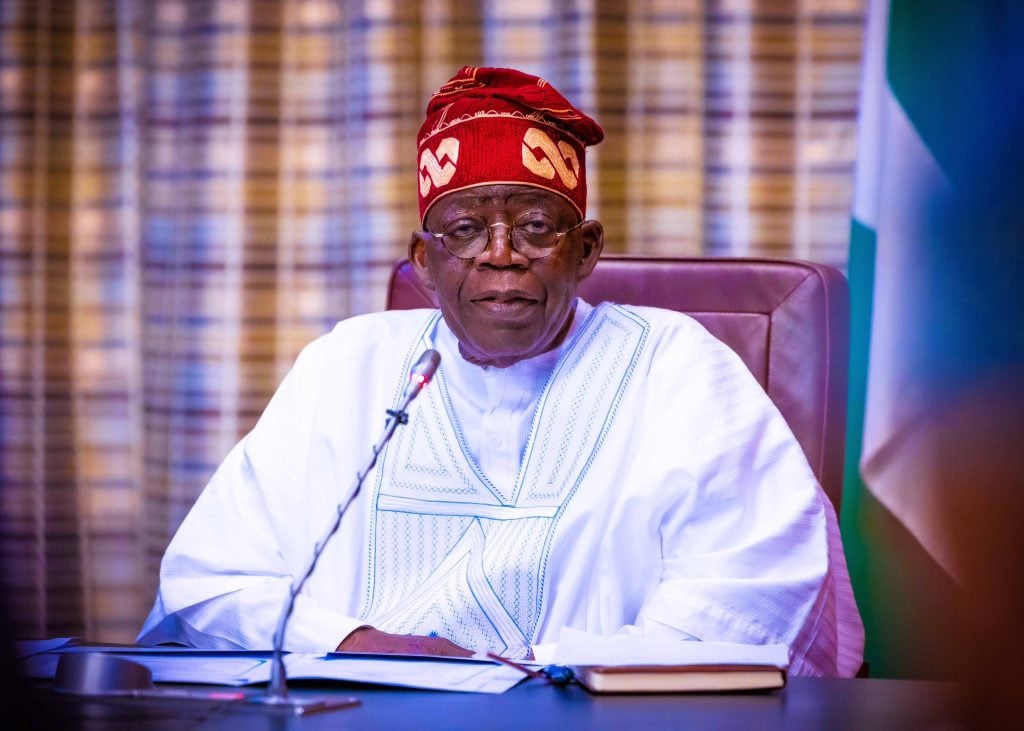
FOR THE RECORD

The kupa Nupe People are in Nigeria for decades now but still remains unveiled.
Living across the banks of the rivers in kogi, Benue and Rivers State is indeed a thing to talk about.
Nupe traditions list the Kupa as one of the Nupe tribal sections. The Kupa are evidently a very ancient Nupe people.
The Kupa are today found on the south bank of the River Niger in Southeastern KinNupe. But that had not always been their location. The traditions narrated that the Kupa were initially located on the north bank of the River Niger here in KinNupe. It is clear that they were initially located here in Central KinNupe before they moved southwards to the banks of the River Niger which they eventually crossed into their present location in Southeastern KinNupe.
The Kupa Originated from the Ebi
According to the Nupe traditions the Kupa originated from the Ebi Nupe people in Northwestern KinNupe. The Kupa were originally an Ebi Nupe people.
Professor S.F. Nadel listed the Ebi as one of the leading Nupe tribal sections mentioned by the Nupe traditions. The Colonial anthropologists actually the wrote the name of the Ebi Nupe people wrongly as Ebe.
The Ebi today occupy the region of today’s Northwestern KinNupe from the axis of the River Kontagora down to the general area of the Zugurma nation. In fact the entire Zugurma enclave is located within the Ebi country and one of the major towns of the Zugurma nation is actually called Ebi.
Today the Ebi Nupe people are mostly concentrated in the Mashegu local government area of Niger State. But in former times they were far more populous and actually populated the whole of today’s Zone C or Niger East area of Niger State that is including the Borgu Emirate. At even earlier times the population of the Ebi people extended even unto the Rima Valleys and they were associated with the founding of the Kebbi Kingdom and Argungu.
But the Ebi population suffered serious genocidal and population decimating catastrophes throughout the ages until they got reduced to the pitiably small population they are today. One such population reducing catastrophes that affected the Ebi population was the Nupe Civil War that broke out at the end of the 18th century.
It was said that it was the Nupe Civil War that broke out at the end of the 18th century in 1796 upon the death of Etsu Mamman that forced sections of the Ebi people to started moving southwards where they eventually became known as the Kupa.
The Name Kupa
The national name Kupa is a combination of the definite prefix ‘ku’ and the ancient name ‘Apa’ such that Ku-Apa simply became Kupa. This national name Kupa simply means ‘Apa one’ or ‘The Apa’. The Kupa got this national name from the fact that they were originally an Apa people who left Ebiland and came to Central KinNupe.
But ‘Ku-Apa’ was also derived from Eku-Apa in reference to the fact that the people we call the Kupa today were originally an Apa people inhabiting the banks and valleys of the River Eku in Northwestern KinNupe. Remember that the Kupa were an Ebi people and the Ebi were also known as the Eba or Epa or Apa. So, those Ebi or Apa people living on the banks of the River Eku were known as the “Apa of the Eku” which directly translates as ‘Eku-Apa’ or ‘Ku-pa’ in the Old Nupe language.
The Kupa originated from the Ebi Nupe people at the end of the 18th century. In those days the people we call the Ebi Nupe people today were also known as the Apa. The Ebi were actually known originally as the Apa because they were an Apa Nupe people.
Even the modern name Ebi was itself originally derived from Apa. We can see that Ebi was initially just a dialectal corruption of Eba which was the national name of one of the three original Nupe people. But Eba was also pronounced as Aba or Apa. We see therefore that Ebi is the same as Eba which is the same as Apa.
The people we call the Ebi today were still being known as the Apa when the people we call the Kupa today left Ebiland by crossing the River Eku into today’s Central KinNupe. As they crossed the River Eku into Central KinNupe they were simply referred to as the Apa or Kupa, which means ‘The Apa’, because they were Apa Ebi people coming from Ebiland into Central KinNupe.
It also happened that Central KinNupe in those days was also known as Apa. The fact is that in those days both today’s Northwestern KinNupe and today’s Central KinNupe were part and parcel of one and the same Apa Greater KinNupe of those days. So, what the Ebi people did in those days was to simply migrate from part of the Apa Nation in Northwestern KinNupe to another part of Apa in Central KinNupe. It is therefore not surprising that by the time these Ebi people left Central KinNupe for the banks of the River Niger in Southern KinNupe they became known as the Ku-Apa or Kupa which simply means ‘The Apa People’.
Kupa and the Nupe Civil War
The breakaway of the Kupa people from their main Ebi body and their subsequent migration towards Central KinNupe and thence to Southern KinNupe was initiated by the Nupe Civil War that broke out between the Majiya and Jimada dynasts upon the death of Etsu Mamman in 1796 at the end of the 18th century.
The people we call the Kupa today were originally living as the Ebi in Northwestern KinNupe across the northern banks of the River Eku and around the general areas of today’s Kontagora Emirate and southern Kebbi State. In those days both of today’s Kontagora Emirate and today’s Kebbi State were more or less constituent parts of the larger Ebiland of those days.
As a matter of fact at that time in the second half of the 18th century the whole of the area extending from today’s Kontagora Emirate through Kebbi State to today’s Sokoto and Zamfara States were more less under the sovereignty of the Etsu Nupes. That was why when the Fulanis under Shehu Usmanu Dan Fodiyo began their Jihad enterprise in those days they came running down to Etsu Jimada to help them against the Gobirawa at Alkalawa.
In any case the Nupe Civil War that broke out upon the death of Etsu Mamman in 1796 led to the destabilization of the whole of KinNupe including Ebiland. This destabilization caused some of the Ebi people on the northern side of River Eku to cross the river and to begin their long trek southwards back into Central KinNupe which they said was the original homeland of their Ebi or Apa ancestors.
These Ebi people began their migration downwards towards Central KinNupe at the end of the 18th century and a decade or so latter they were already settled down in Central KinNupe. But they couldn’t stay for long in Central KinNupe as their arrival coincided with the onset of the Nupe-Fulani Jihad in Central KinNupe.
By the first decades of the 19th century Central KinNupe have been transformed into a boiling cauldron of endless internecine battles and wars engendered by the Islamic Jihad in Central KinNupe. First it was the Jihad battles and wars of Shehu Abdurrahman Gbaji the Nupe Caliph who founded the Mokwa Caliphate, and then came about the Jihad battles and wars of the Nupe-Fulani Jihadists famously headed by Mallam Dendo alias Manko.
That Nupe Civil War also ushered in the Islamic Jihads of both Shehu Abdurrahman Gbaji and his opposing Mallam Dendo. While it was the Nupe Civil War that drove the Kupa people away from their homeland Ebiland in Northwestern KinNupe to Central and Southern KinNupe, it was the Nupe Islamic Jihad battles in the first half of the 19th century that further drove the Kupa to cross the banks of the River Niger into Southern KinNupe proper.
These complicated and endless Islamic battles and wars forced the Ebi people we call the Kupa today to cut short their residence in Central KinNupe and to resume their migration in a southward direction again. This time around the Kupa people were forced to migrate out of Central KinNupe as refugees fleeing the Islamic Jihad wars of Central KinNupe.
It should be noted that most of these migrations in those days were not isolated events peculiar to just a particular tribal section or so. When the Kupa left Ebiland they were not alone but were part of a mass migration of many other people who were forced to leave Northern KinNupe and to migrate towards Central and Southern KinNupe due to the Nupe Civil War. And the same was the case when the Ebi also began their migration from Central KinNupe towards Southern KinNupe – they were also part of mass movement of many other peoples leaving Central KinNupe for Southern KinNupe due to the effect of the Islamic Jihad wars.
As a matter of fact the Kupa and the Cekpa both left Ebiland in Northwestern KinNupe together as the same Ebi people and in fact they remained as the same Ebi people throughout their migrations until they got to the southern banks of the River Niger where they eventually separated into the two separate Nupe tribal sections that we call the Kupa and the Cekpa today.
The Kupa at Mabo and Eggan
The whole of the 19th century KinNupe was overwhelmed by the Islamic Jihad and Emirate wars. Right from the beginning of the 19th century to the very day of the conquest of Bida by the British during the Battle of Bida of 1897, the whole of KinNupe and its neighbours was ravaged by the incessant and internecine battles and wars of the Nupe-Fulani Jihadists.
It was these wars of the Nupe-Fulani Jihadists that forced the Kupa people to further migrate from Central KinNupe to the banks of the River Niger in Southern KinNupe. At first they settled on the northern banks of the River Niger and an island of the River Niger.
But when Usman Zaki became the Emir of Nupe his forces came to raid the Kupa on the River Niger several times thereby forcing the Kupa to cross over from the northern banks of the River Niger to the southern banks. They first settled at Mabo under their leader called Etsu Mala as they transformed the ancient Nupe city of Mabo into their capital city.
As a matter of fact Mabo was a very old Nupe regional capital originally founded by Agabi royal settlers from the ruling caste of Gbara in those days when Gbara was the capital of the Nupe Nation before the onset of the Nupe Civil War at the end of the 18th century. They said that Mabo was founded by Agabi royal caste from Gbara during those prehistoric days when Etsu Dzuru was the King of Gbara.
Actually what happened was that the Kupa people went and settle en masse at Mabo which was already a thriving regional capital city before the arrival of the Kupa in Southern KinNupe. When the Kupa became citizens of Mabo they gradually took over power from the Gbara royal family that was ruling at Mabo.
In the end Mabo became the capital city of the Kupa people under the sole sovereignty of the Kupa rulers. The Kupa people built Mabo into a great and powerful city state. They engaged in endless raids and expansionist battles of conquests against their neighbours most especially the Kakanda as the Kupa expanded the territorial sovereignty of their Mabo city state.
The rise of Mabo into a regional capital city that was rapidly becoming so powerful was seen by the Nupe-Fulani Jihadists as a threat to their Islamic Emirate enterprise. So, it was long before Mabo itself came under serious attack by the Nupe-Fulani Jihadists when Etsu Masaba became the Emir of Nupe
Etsu Masaba’s forces destroyed and devastated Mabo and as Mabo declined in prominence due to the Nupe-Fulani attacks, the nearby village of Eggan began to rise into prominence.
Eggan began by growing into a large regional market and then it start to receive and accommodate refugees from the declining Kupa capital of Mabo. The Kupa citizens of Mabo simply fled Mabo and went and settle down at Eggan thus joining the many refugee populations that were by then fast transforming Eggan into the new regional capital city.
The Kupa people were among those who built Eggan from a village into a town even before the present Nupe population of Eggan arrive Eggan. At a time Eggan was more or less the capital city of the Kupa people after they left Mabo which was destroyed by the Nupe-Fulani forces.
But the Kupa were in due time further forced to cross the Niger to its southern banks where finally settled down in a permanent manner to this very day.
The Kupa in their Present Location
It was actually when these Ebi people got the banks of the River in Southern KinNupe that they became popularly referred to by their neighbours as the Kupa or ‘Ku-Apa’, that is, ‘The People from Apa’. They were referred to as the people from Apa because both their original homeland Ebiland in Northwestern KinNupe and the Central KinNupe where they sojourned for a while were known as Apa in those days.
In their present location on the southern banks of the River Niger the Kupa built their settlement of Abugi into their principal settlement which has remained more or less their capital to this day.
The Kupa and the Bassange
It is interesting to observe that the Kupa and the Bassange people had something in common with regard their migration from Central KinNupe to Southern KinNupe.
It is clear that it was the Nupe Civil that began in at the end of the 18th century that forced both the Kupa and the Bassange to embark on their respective mass migrations towards Southern KinNupe. But while the Kupa people were originally Ebi Nupe people who left their original homeland in Northwestern KinNupe, the Bassange were originally Bini Nupe people who left their originally homeland at Gbara and its environs in Central KinNupe.
It seems that the Kupa and the Bassange were both forced by the Nupe Civil War of the late 18th century and early 19th century to initially migrate downwards to the banks of the River Niger in Southern KinNupe.
But the second phase of their migrations began when the Islamic Jihad battles of KinNupe in the early decades of the 19th century forced both the Kupa and the Bassange to cross the banks of the River Niger into Southern KinNupe proper.
So does this mean that they are pronounced Christians or practicing Christ like attributes since they were battled by the Islamic laws and people.
After crossing the banks of the River Niger, however, the Kupa remained on the southern banks of the River Niger where they remained to this very day while the Bassange were forced by the wars of the Dendo dynasts in the latter decades of the first half of the 19th century to move further into today’s Kogi State.










